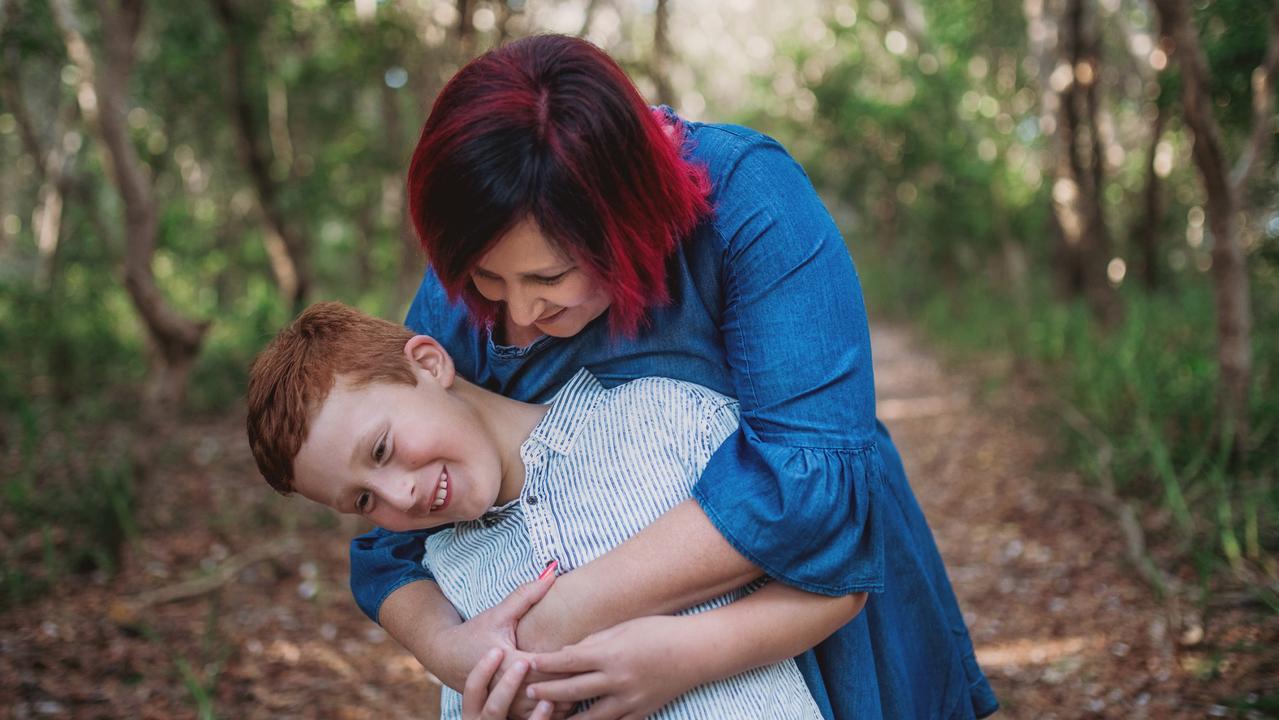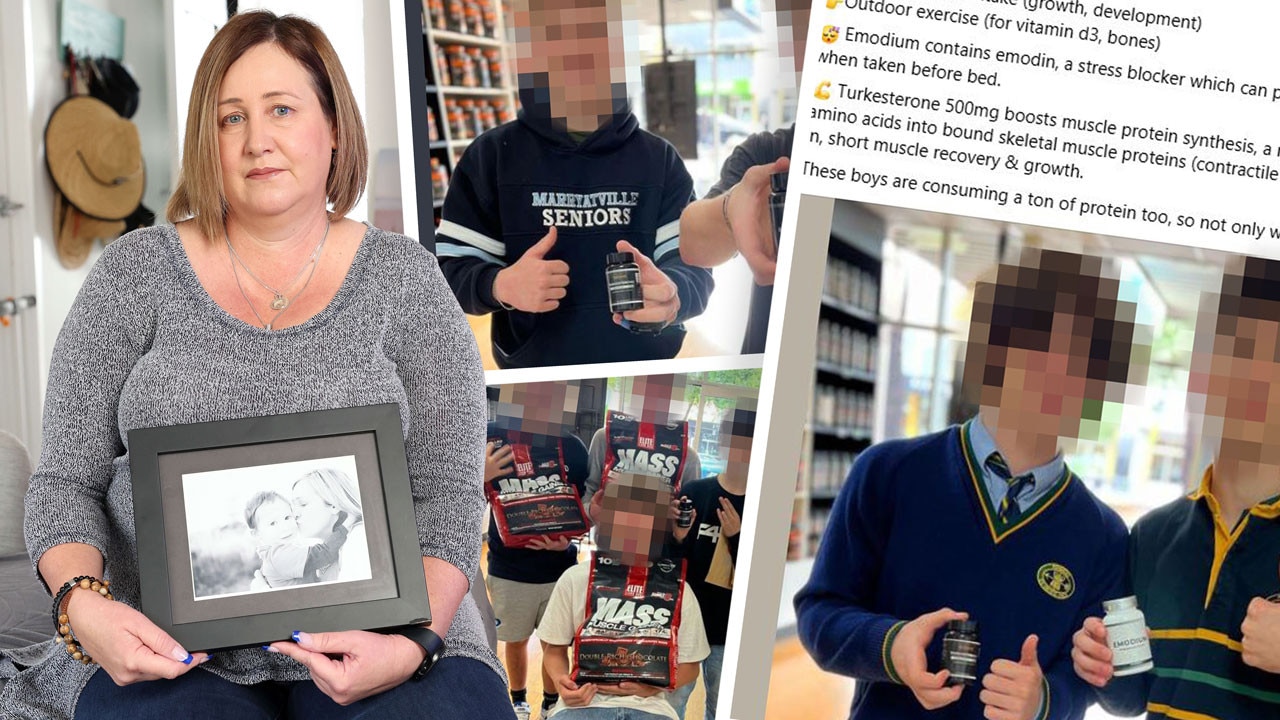'I don't let anyone care for my baby if they don't know first aid'
"Everyone who looks after our little ones (grandparents, uncles, aunts, or friends) must have this knowledge," paramedic mums Emily and Matilda share.
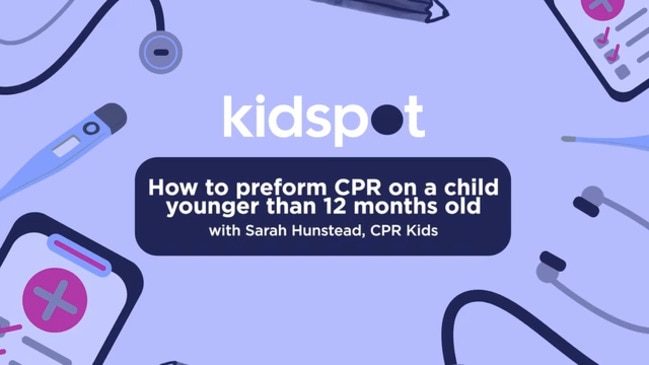
Lifestyle
Don't miss out on the headlines from Lifestyle. Followed categories will be added to My News.
Every parent's worst nightmare is facing a medical emergency involving their child.
When it comes to the safety and well-being of our little ones, knowledge truly is power.
Emily and Matilda, both paramedics and co-founders of How to Save A Life - First Aid Training, are on a mission to empower parents and caregivers with essential first aid skills.
Want to join the family? Sign up to our Kidspot newsletter for more stories like this.
Addressing panic in emergencies
One of the most challenging situations they've faced as paramedics directly influence how they teach first aid.
Emily and Matilda told Kidspot, "A chaotic scene with really panicked and flustered parents can be challenging."
They understand it's a natural reaction to be overwhelmed when your child is injured or unwell. Still, they often find this state more common in parents and caregivers with little to no first aid knowledge.
"We see a significant difference when parents know some basic first aid skills."
CPR: a must-know skill for babysitters
Emily and Matilda have a strict rule for anyone who wants to care for either of their children: No CPR, No Go!
"CPR and choking first aid is necessary for anyone who looks after our little ones," they shared.

"We each have an 18-month-old, and everyone who looks after them (grandparents, uncles, aunts, or friends) must have this knowledge."
CPR is required when somebody goes into cardiac arrest, meaning the heart stops beating. Although uncommon in little ones, it can happen for various reasons, such as drownings, seizures, trauma injuries, dehydration, and heart issues.
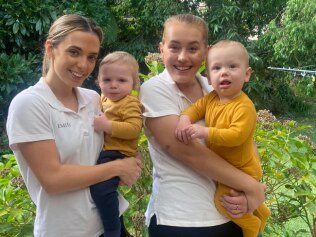
Drowning in Australia
According to Royal Life Saving in their most recent report, there were 17 drowning deaths among children aged 0-4 years, marking a 29% decrease compared to the previous year and a 23% decrease from the 10-year average, showing improvement after a rise during COVID lockdowns.
However, there were 15 drowning deaths in children aged 5-14 years, indicating a 7% increase from the previous year and a 36% increase from the 10-year average, possibly due to unattended swimming lessons.
Avoiding common first-aid mistakes
One common mistake parents make, they point out, is related to fever management.
"Little kids often shiver when they have a fever, but not because they are cold," the paramedics informed.
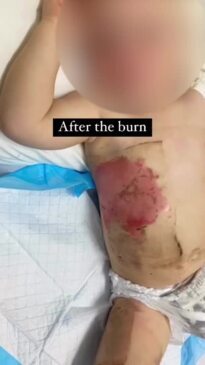
"Parents often mistake a shivering child as a cold child, even though the child has a fever and fever-like symptoms, so they rug their child up in extra layers and blankets."
This just overheats the child and worsens the fever and symptoms."
Suppose your child has a fever but is shivering. In that case, it's essential to keep them comfortably warm by providing light blankets, ensuring they stay hydrated, monitoring their temperature, and consulting a healthcare professional if necessary.

Heartwarming success stories
While their paramedic job leaves them unsure of patient outcomes after dropping them at the hospital, they can hear honest feedback on their work through their course.

"We have received lots of messages and emails from parents and families who have done our baby first aid course.
"They knew what signs in their little ones were concerning, such as a non-blanching rash or skin retractions during a respiratory infection... they knew what to look out for and when to seek help, and their children received prompt medical treatment and recovered well."
A study conducted by the Australian Red Cross in 2017 revealed that only five per cent of the Australian population had received formal first-aid training, one of the world's lowest rates.
First aid is the knowledge you don't realise you need until you're in an emergency situation and is an investment you'll be glad you made.
More Coverage
Originally published as 'I don't let anyone care for my baby if they don't know first aid'



